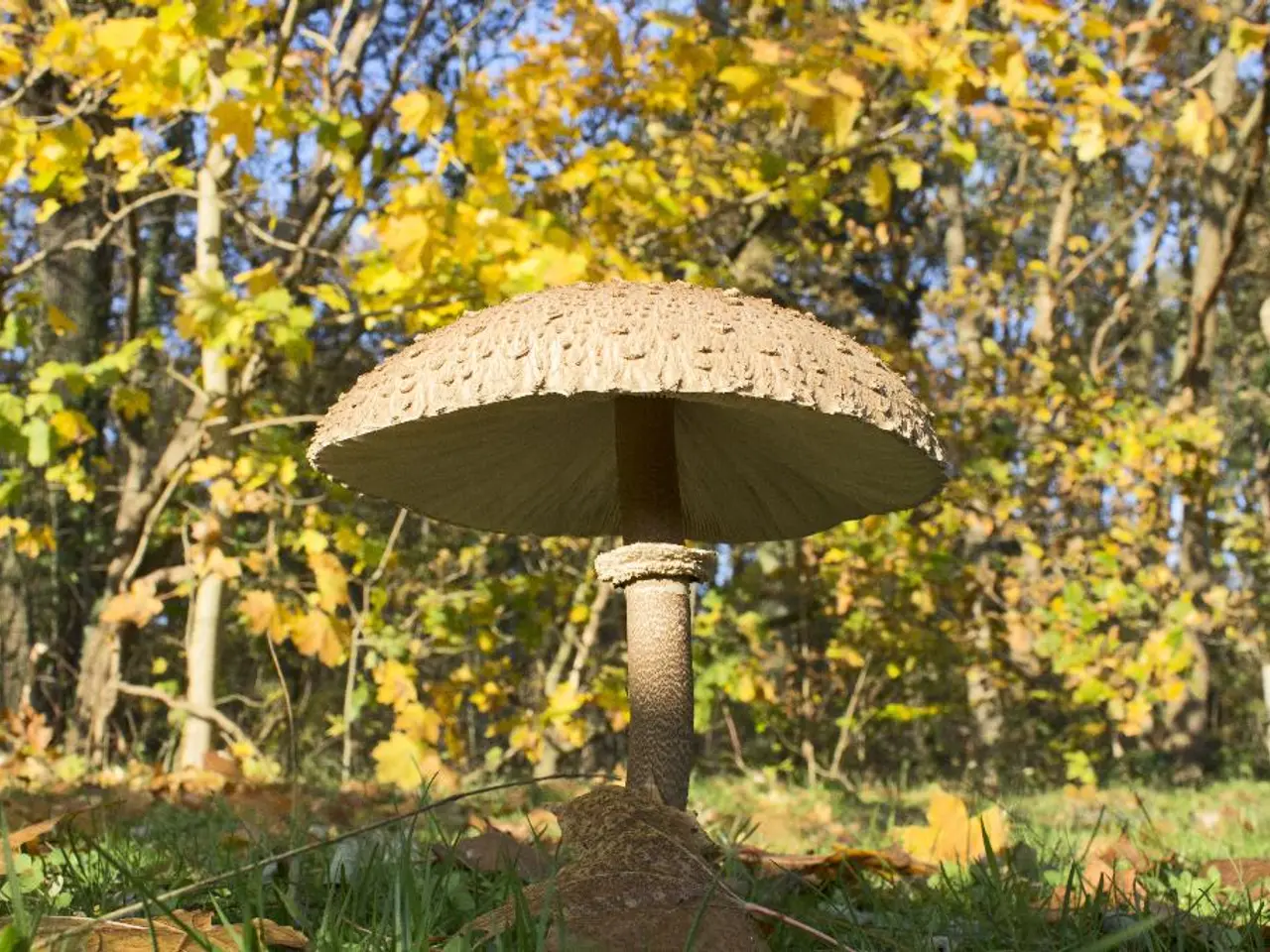Harvest Signals for August 1: Biting Fruits and Vegetables End
Makryna's Day, also known as Mokyrid or the Autumn Harbinger, is a significant folk holiday traditionally observed in parts of Eastern Europe and Russia. This day, celebrated on August 1st, marks the transition from late summer into autumn and serves as a seasonal marker and weather predictor.
Significance
Makryna's Day holds great importance as it signifies the approach of colder weather and the changing agricultural season. Communities would observe this day to prepare for the upcoming autumnal conditions and the end of the growing season.
Weather-Related Predictions
On Makryna's Day, people would look for natural signs—especially related to weather patterns—that could forecast the nature of the coming autumn and early winter. Some common weather-related folk predictions include:
- If the day is clear and warm, it is believed that autumn will be mild and extended.
- Harsh winds or sudden cold spells on Makryna's Day indicate a harsher, earlier onset of winter.
- The appearance of certain birds or insects is also observed as a signal of the forthcoming weather.
For instance, if it rains in the morning, September is expected to be rainy. On the other hand, if it rains in the afternoon, October will be rainy. If it rains all day, November will be rainy. However, if it's dry on August 1st, don't expect heavy rain in autumn.
Other natural signs include ants closing their entrances after noon, which signals approaching rain. Diminished starlight and a ring around the moon indicate fair weather ahead. A hot day on August 1st foreshadows a long "Indian summer".
Rainy Mokyrids are detrimental to nut harvests but beneficial for rye. People rejoiced in heavy rain on Mokyrid, believing it would bring a good harvest the following year. If it rains in the evening on August 1st, people would perform a rain-summoning ritual.
From Makryna's Day, one could no longer fear horseflies and midges, as they would no longer bite. These weather-related predictions embody traditional ecological knowledge passed down through generations, providing a unique insight into the relationship between people and the natural world.
Weather forecasting plays a significant role during Makryna's Day, as people look for natural signs to predict the upcoming autumn and early winter weather. Whether it's the appearance of specific birds or insects, the state of the moon, or the weather patterns observed on the day, these forecasts are based on traditional ecological knowledge passed down through generations.








